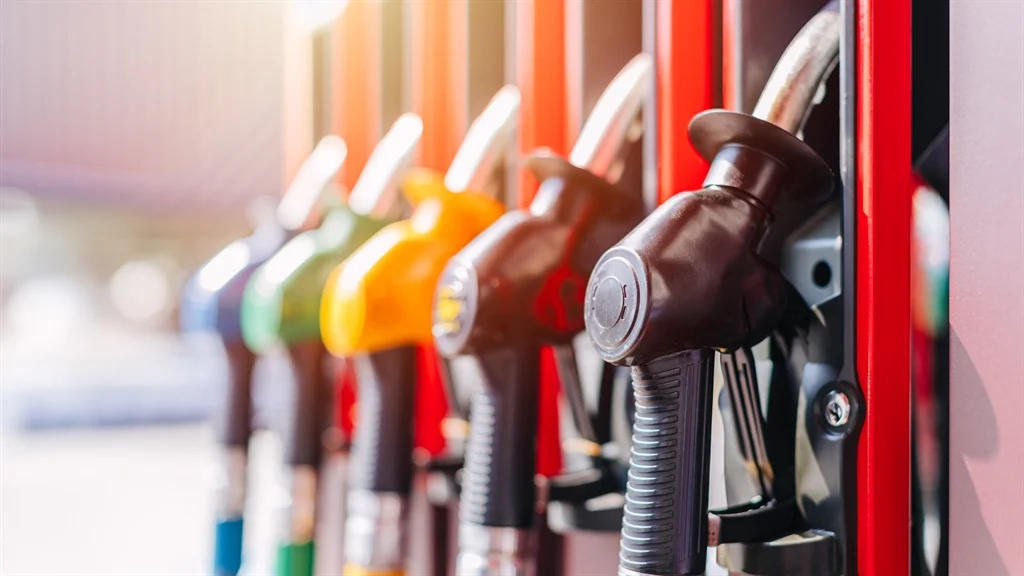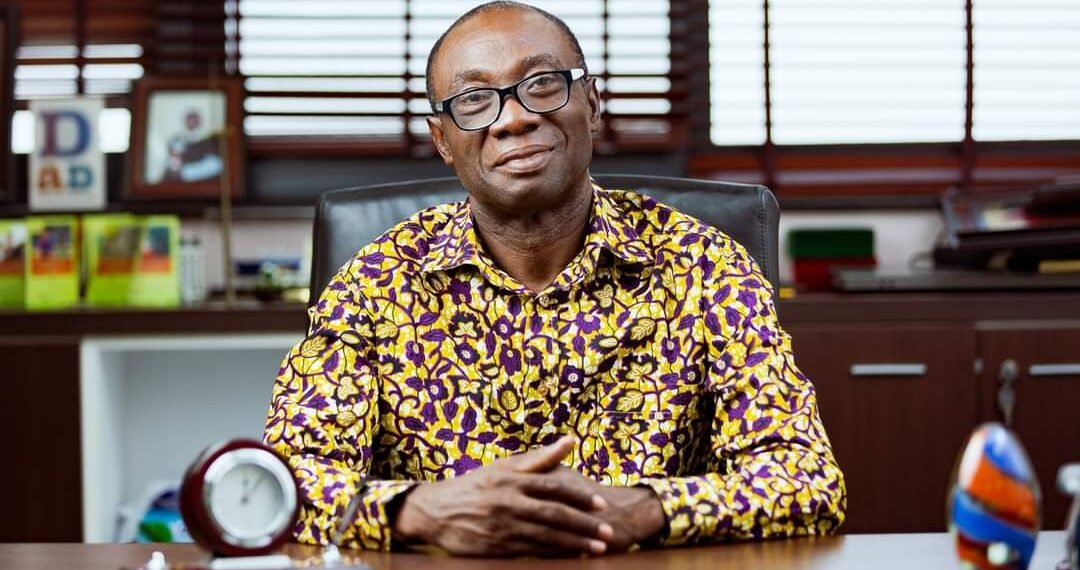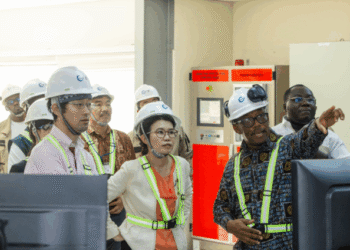Former Energy Minister Dr. Kwabena Donkor has expressed optimism about Ghana’s ability to absorb potential global oil price shocks, emphasizing the crucial role of a stable cedi in keeping domestic fuel prices manageable.
Dr. Donkor underscored that while global oil markets are subject to fluctuations, Ghana’s local currency performance plays an even more substantial role in determining how these global shocks translate into domestic fuel prices.
“I am confident in the resilience of the Ghanaian economy, particularly on the performance of the cedi, because that is a major impactor on fuel prices at the pump level.”
Dr. Kwabena Donkor, Former Energy Minister
He emphasized that stable exchange rates reduce the impact of global crude oil price hikes, ensuring manageable fuel price adjustments for Ghanaian consumers.
Dr. Donkor noted that the recent appreciation of the cedi has provided some much-needed relief and stability for the downstream petroleum sector.

He referenced comments made by President John Mahama, as well as Ghana’s Finance Minister and the Governor of the Bank of Ghana, which forecast the cedi stabilizing between GHC10 and GHC12 to the U.S. dollar in the near term.
He said, “If that actually stays, it gives us some stable platform to plan,” adding that this stability can help mitigate abrupt price spikes driven by international oil markets.
Global oil prices are currently fluctuating, with analysts warning of potential hikes driven by renewed tensions in the Middle East and global supply constraints.
“When prices go out of the roof, assuming prices get to $80, then we will have to take a second look at our efficiency.
“Then the state may decide to forgo some temporary revenue or cross-subsidize some temporary revenue.”
Dr. Kwabena Donkor, Former Energy Minister
Revenue Losses and Subsidy Management

Dr. Donkor pointed out significant revenue losses resulting from marine gas oil (MGO) pricing differentials and premix fuel subsidies.
“The Ghanaian state is losing huge revenues from marine gas oil (MGO) domestic.
“The differential gap between that and regular gas oil in terms of price is over GHC2 per liter, and we know that that differential is largely at use. So, the state can close that gap and make it some other revenue.”
Dr. Kwabena Donkor, Former Energy Minister
Similarly, premix fuel subsidies, amounting to GHC4.11 per liter, add financial strain. He suggested that, if global oil prices rise further, the government may need to reassess levy structures to stabilize domestic fuel prices.
Dr. Donkor referenced Ghana’s past handling of global oil shocks during the administrations of late President John Evans Atta Mills and in the first term of President John Mahama, noting that the state previously used internal mechanisms to cushion consumers.

“It’s happened that anytime prices go way up beyond a certain rate, there are internal mechanisms to cushion the consumer to some extent.”
Dr. Kwabena Donkor, Former Energy Minister
Such mechanisms have included temporary tax reliefs, realignment of subsidies, and cross-subsidization policies that allow the government to redirect funds to areas of greater need.
Dr. Donkor believes that the current administration can adopt similar measures, particularly if oil prices cross critical thresholds.
With global oil prices facing renewed volatility due to geopolitical tensions and supply dynamics, Ghana’s energy future hangs in the balance.
As Ghana braces for potential changes in international oil pricing, Dr. Donkor’s insights offer a roadmap for mitigating shocks through sound economic policy and strategic interventions.
His call for targeted levy adjustments, subsidy realignment, and government-backed efficiency initiatives aligns with broader discussions on energy sector resilience and national economic planning.
READ ALSO: Cedi to Remain Stable Against Major Currencies- Finance Minister Assures Ghanaians























